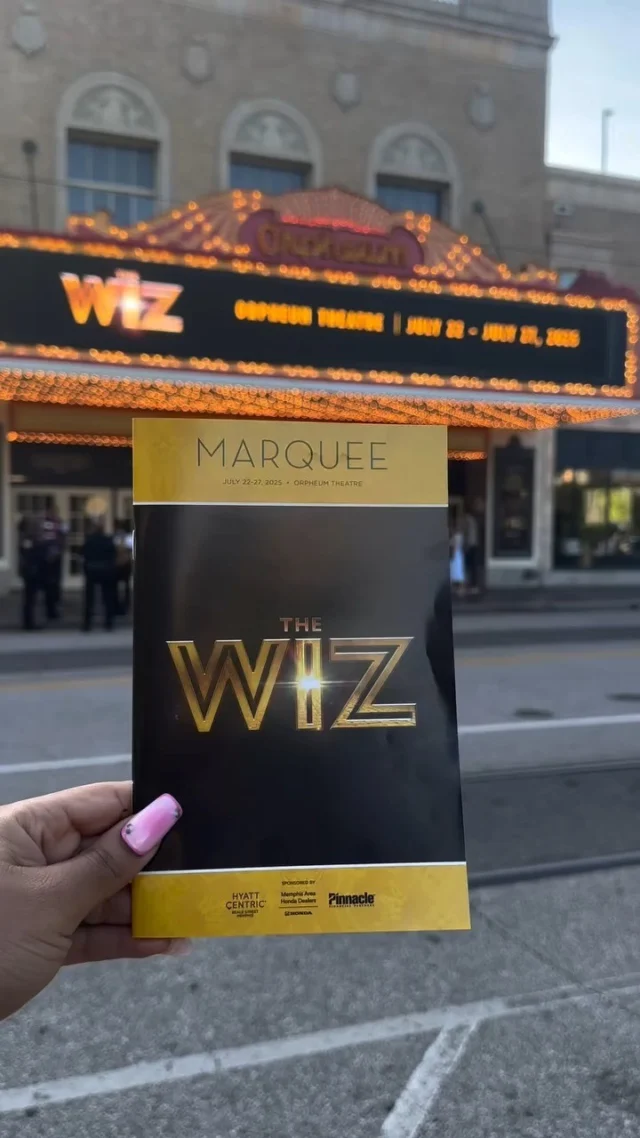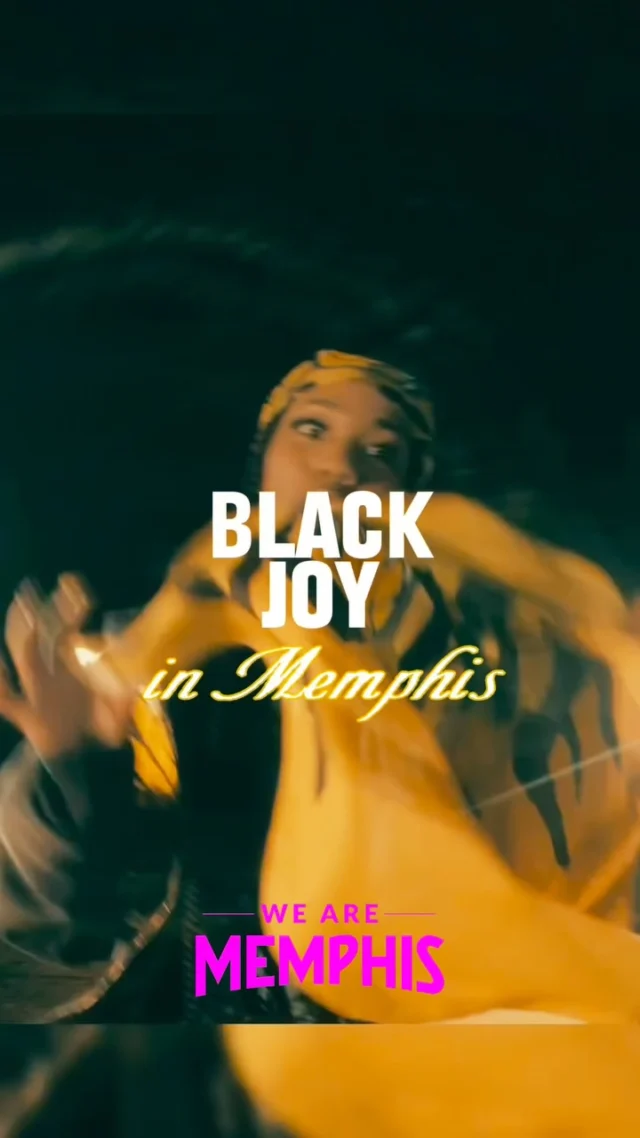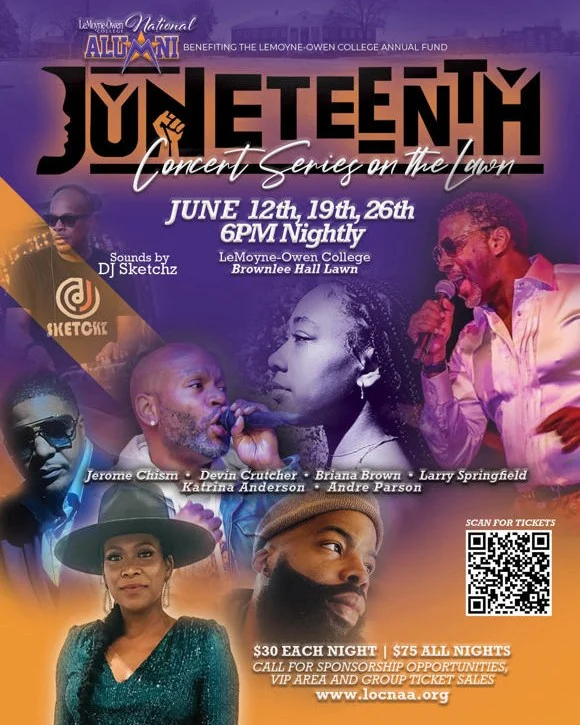By Ekundayo Bandele
There once was a Black high school student who carried a caged song in his heart as he wandered the road of his life. There once was a Black veteran who carried an untold story in her memory. And there once were Union troops who marched into Galveston, Texas, and delivered the story of freedom to some 200,000 enslaved Black people. 150 years ago. June 19th. Juneteenth.
Storytelling has always been a crucible in which sub-Saharan Black people hold their tribal history, the cosmogony of their belief system, and narrations of abundant harvests, devastating famines, and war. Captured Africans carried this crucible across the Atlantic Ocean, and then spread its contents across the lands of the Caribbean and America. For hundreds of years, these stories have evolved into the folktales of Br’er Rabbit, Bessie Smith’s Blues, Toni Morrison’s novels, and August Wilson’s plays, which Hattiloo Theatre in Memphis, Tennessee, has told through the talents of primarily Black, performing artists.
It is said that unknown news remains irrelevant until it is known. And it is this unknown news as well as lesser-known stories that Hattiloo produces on its stages. Lydia Diamond’s play “Stick Fly” introduces many to the fact that wealthy Black families also have vacation homes in Martha’s Vineyard. Marcus Gardley’s play “The House that will not Stand” that elucidates a time during enslavement in New Orleans when French rule permitted common-law marriages between free Black women and white men. “The Wiz” that translates L. Frank Baum’s story into one that mirrors the Black experience. Hattiloo reflects Juneteenth, as it tells stories that are known to some but unknown to so many others.
Memphis is one of the few mid-size American cities with a nationally recognized ballet, symphony, and opera. But Black representation in the arts has been spread over many years and small, short-lived Black organizations. Ekundayo Bandele founded Hattiloo in 2006 as a consequence of this disparity.
Hattiloo uses a multidisciplinary theatrical approach as a means to center, humanize, and heal Black communities through the stories of Black life. Housed in one of four operational, free-standing, independently owned Black theatre buildings – listed in USA Today as one of 25 Must-See Buildings in Tennessee – it provides an environment that reinforces the cultural identity of Black artists who tell intersectional stories of Black life.
During the pandemic precipitated by the COVID-19 virus, George Floyd’s police-related murder prompted a social reckoning. This troubling period, which continues in various systems and behaviors today, highlights the critical role of Black organizations like Hattiloo, which has an expertise in producing transformational and dialogue-generative theatre. It introduces audience members from all walks of life to the multicultural aspects of Black communities comprising different beliefs, customs, dialects, values, and perspectives. These distinctions stretch back to Buffalo soldiers who fought for their own and other Black people’s freedom during the Civil War, liberated Black people who dropped the instruments of their enslavement to the dirt, and Black people in Texas who continued to slave under the tyranny of their enslavers for months after their freedom had been won.
More than a celebration, Juneteenth is the crucible that was carried across waters and centuries, smuggled in a locution borrowed by W.E.B. DuBois – the souls of Black. It is a freedom deferred for 200,000 Black people. It is a day of remembrance, a public holiday, a twenty-four-hour memorial that Hattiloo observes every time its house lights fall dark, and its stage lights rise on a Black story.
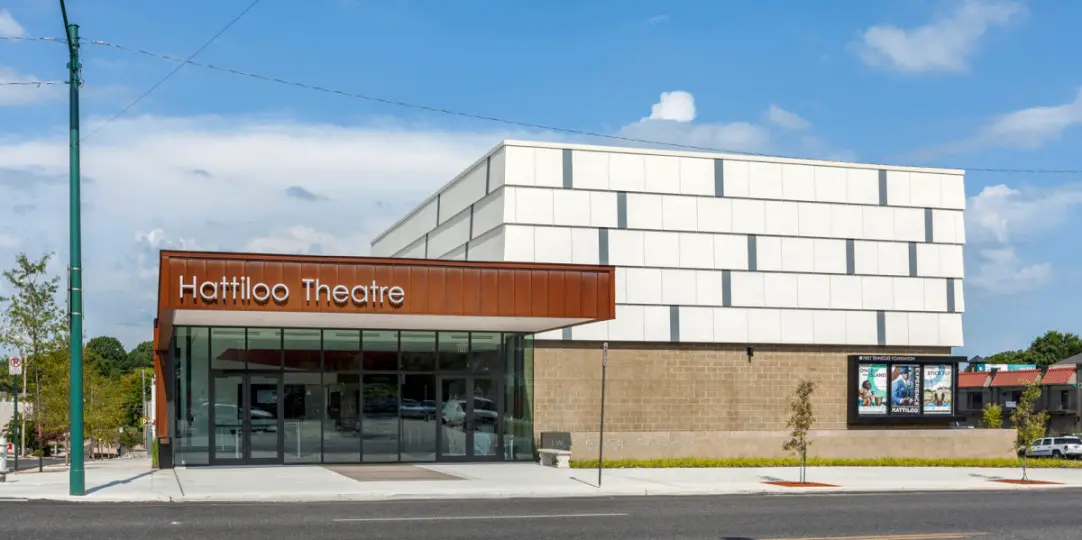





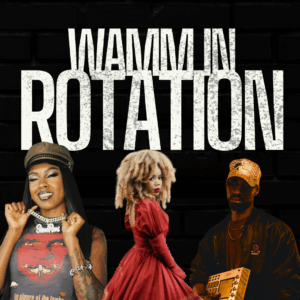


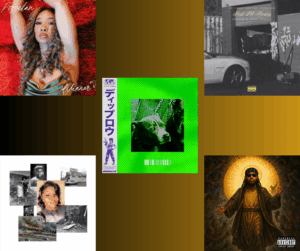



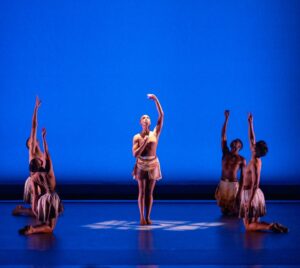





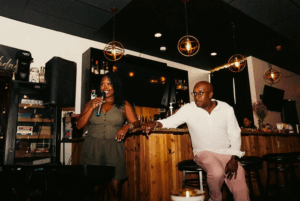






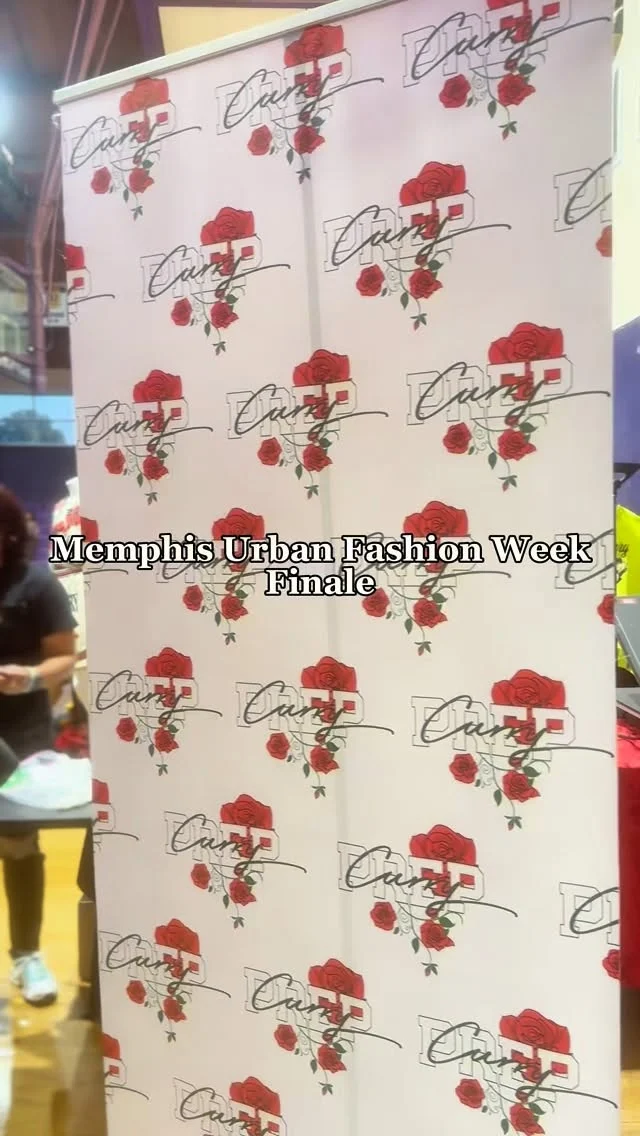
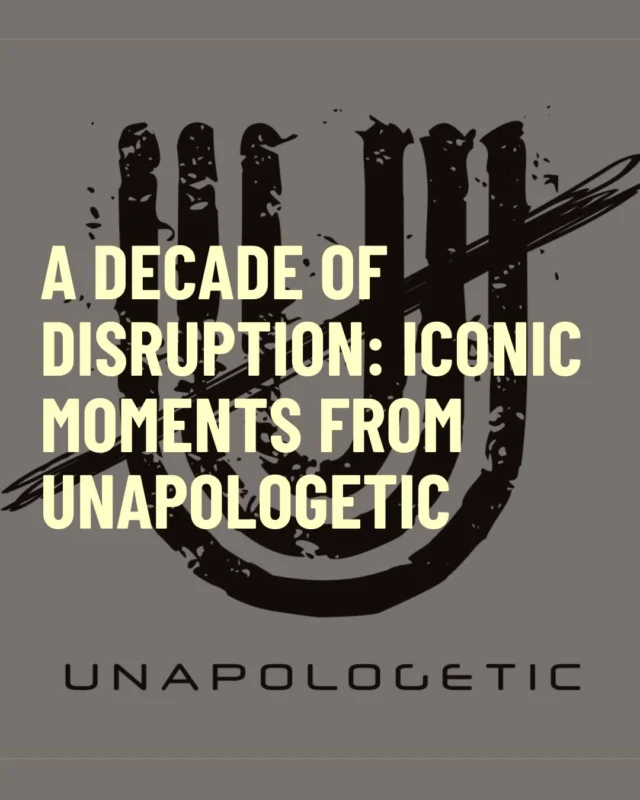


![The countdown is ON, Memphis! We’re officially 30 days out from the @unitememphis 5K + 1-Mile Walk/Run—and this year, we’re stepping into unity on 901 Day 🙌🏽
📍 Monday, September 1 | National Civil Rights Museum
🕘 Start time: 9:01AM
🎶 Food, music & fun to follow
Whether you’re walking or running, this isn’t just a race—it’s a movement. And there’s no better time to join in than now. 👟✨
🎓 COLLEGE STUDENTS: Be one of the first 100 to register using your .edu email with promo code NEXTGENUNITE and your ticket is just $10 (that’s a $32 savings 👀). Limit 2 per person, so tell a friend!
Let’s walk. Let’s run.
Let’s #UniteMemphis 💛
🔗 [link in bio]](https://wearememphis.com/wp-content/uploads/sb-instagram-feed-images/526805187_18335272954206022_6056852028660485499_nfull.webp)
